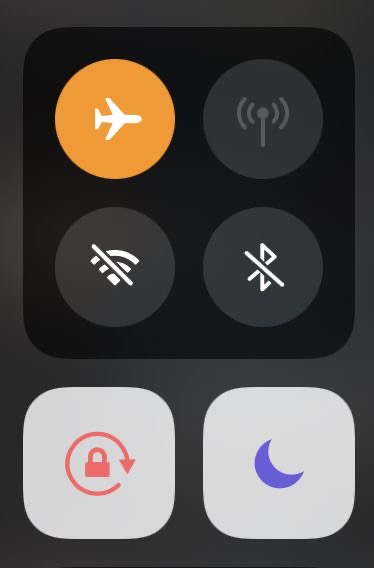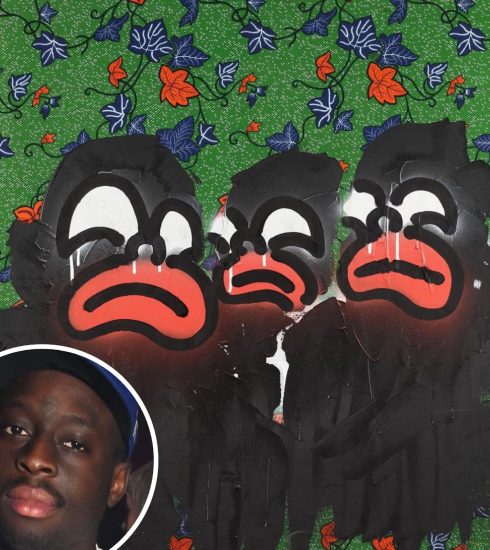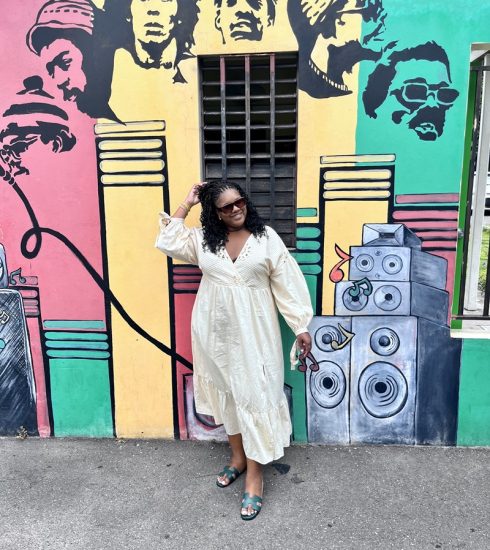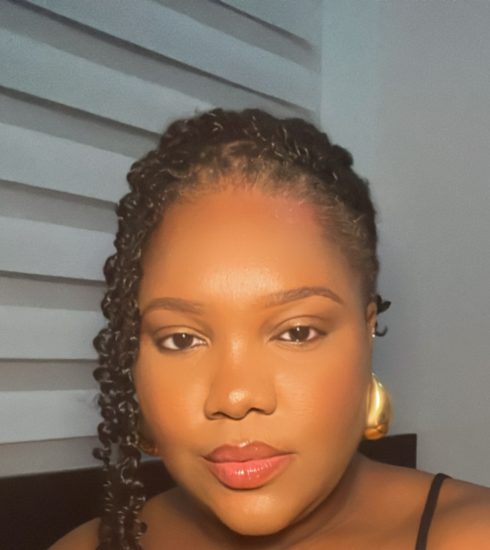The Art Of Doing Nothing
In our constant pursuit of productivity and the relentless hustle of modern life, we often forget the art of doing absolutely nothing—a practice that, despite its simplicity, remains a challenge for many.
For the longest time, my life swung between two extremes: if I wasn’t engulfed in a whirlwind of activity, pushing myself to the brink of exhaustion, then I was the epitome of laziness, barely mustering the energy to move from one task to the next. The quest for balance became essential, a pursuit to find that sweet spot where productivity and rest can coexist. Yet, striking this balance has been far from straightforward, especially for someone like me, whose identity and self-worth have been closely tied to work and accomplishments.

And so entered the concept of “niksen,” a Dutch term that translates to the joy of idleness, and exploring how embracing moments of nothingness can lead to a more balanced, creative, and fulfilled life.
The journey towards embracing niksen and the art of doing nothing has been a humbling experience, teaching me that moments of stillness are not just empty gaps but opportunities for reflection and growth in the quest for a life filled with meaning.

The notion of idleness is often frowned upon in our work-centric culture. Yet, the Dutch concept of niksen is redefining idleness, presenting it not as a lack of productivity but as a vital component of our well-being. Originating from the Netherlands, niksen embodies the practice of doing nothing with no purpose than simply being, allowing one’s mind to wander without the constraints of productivity or a specific goal.
Reclaiming the value of doing nothing is not a new idea. Historical and cultural references, such as the Italian “la dolce far niente”, celebrate the beauty and importance of leisure and idleness. However, in the age of constant connectivity and societal pressures to be perpetually productive, finding time to embrace niksen has become increasingly rare.

Practising niksen involves allowing oneself to be idle, free from the pursuit of productivity or purpose. It could be as simple as gazing out the window while drinking your morning coffee or people-watching at a restaurant. These moments of unguarded leisure are not only a respite for the mind but also a catalyst for creativity, improved focus, and reduced stress. Research has shown that rest and relaxation, similar to the practice of niksen, can rejuvenate the brain, enhance decision-making, and foster creative thinking.
This newfound appreciation for idleness has not only enriched my life but has also set me on the path to a more balanced, content, and ultimately fulfilling life.
It’s a daily struggle to remind myself that it’s okay to pause, breathe, and simply be. In this ongoing process of recalibration, I’ve discovered that perhaps nothing might indeed be everything after all.


Ntianu Obiora is a versatile creative professional with over a decade of experience in publishing, marketing, communications, and digital strategy. She is the Online Editor at THEWILL DOWNTOWN






